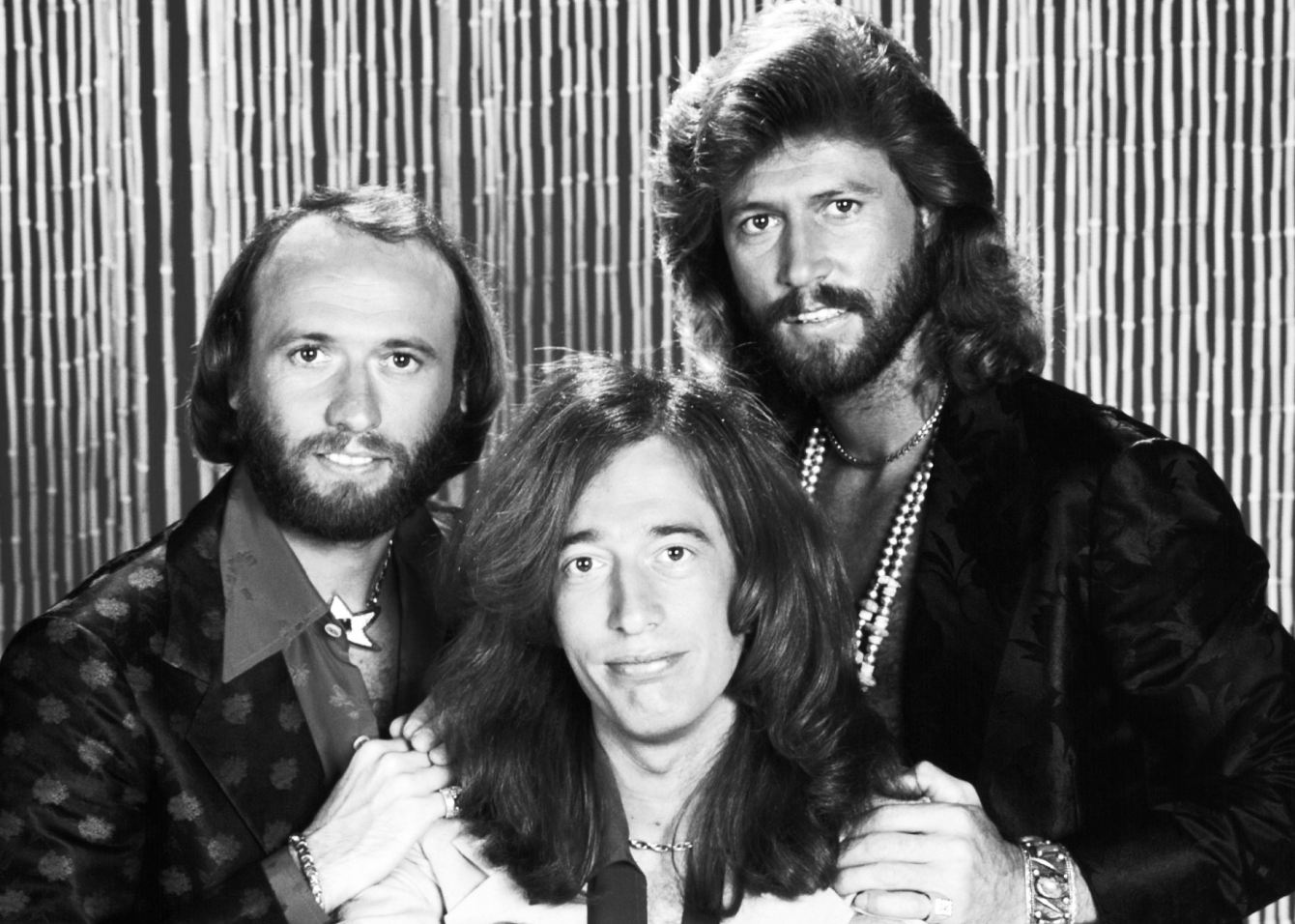If you ask the average person whether they enjoy delivering a media interview, they’d probably rank the experience somewhere between a root canal and installing an air conditioner unit during a heatwave. Both are necessary but enduring them can be stressful, and uncomfortable, experiences.
However, if there’s one lesson I’ve learned over the years, it’s this: preparation is key to not only surviving, but thriving, through a media interview.
One more time for those in the back: Preparation. Is. Key. And that applies to everyone.
Media relations in the wild
You’re an established expert in your field – but are you ready to defend your salary on live TV?
You might be a CEO who’s delivered remarks to financial analysts and earned a thumbs up for your company’s results and your polished delivery.
You may be a lawyer who’s gotten your clients through rounds of regulatory hurdles and answered every question thrown your way.
Or perhaps you’ve kept a non-profit organization afloat through the enduring financial pressures of COVID-19.
But when a crisis hits, and the media calls for comment, all that valuable experience isn’t a golden ticket to a successful interview. Could you step in front of a TV camera and deliver the right, impactful, and sound-bite-worthy answers? Ones that deliver your organization’s key messages and maintain or improve your reputation?
Expect the unexpected
Media interactions rarely go according to what the average organizational leader has planned. Curveballs are to be expected, in many forms:
- Difficult questions you didn’t anticipate
- A reporter challenging your knowledge, or asking for your personal opinion about your company’s reputational issue
- And, finally, softball questions that come out of left field
Without deliberate and thorough preparation, you’ll end up walking away from all these scenarios frustrated that you didn’t have the right answer (and even worse, coming up with the perfect response 15 minutes after the interview ends). Trust me, it happens to the best of us.
How to prepare yourself
Here are some of the common areas we discuss with clients to ensure they’re ready to handle any media encounter:
1) Understand what drives the media.
Too often, when coaching executives or leaders, we hear comments along the lines of, “I really can’t believe they’re going to ask me that. It’s not newsworthy. Let’s not talk about that.” Remember: we don’t get to decide what’s newsworthy. Reporters, editors, and producers will go for stories with tension and conflict every time – it’s what makes the news interesting and worth watching. If you can understand what’s newsworthy and recognize what feeds conflict and tension in a news story, you’ll be better prepared.
2) Listen to all the voices at the table when planning a response to a media call.
For example, of course you should always listen to your legal team in a crisis. But if you watch a few clips on YouTube of interviews gone wrong, it’s doesn’t take long to spot the spokesperson who lawyered up and ended up delivering accurate but insensitive messages that inadvertently lead to further reputational problems. Often that’s because they didn’t have a PR team or chose to moderate their messaging with the fear that a risk-averse legal team knows best. Look, I’m the first to admit that PR is no substitute for good legal advice, but the inverse is also true. So be sure you’re working closely with your media relations team, especially on matters of tone and framing your answers.
3) Anticipate the tough questions – but be ready for something out of left field.
By all means, plan for the hard questions about salaries, who knew what when, company impacts and next steps. But be ready for questions from way out of left field. Sometimes reporters will take an opportunity to ask you for a personal take on something that’s not related to the issue at hand. For example, you’ve prepped for a sit-down interview with a TV network, and you’re in the midst of answering detailed questions about a new policy your organization has released. And you’re doing great! But don’t be surprised if, towards the end of your interview, you get a question like, “What was the toughest part of this work for you personally?” or even “This is all really fascinating. What’s the best part of your job?” When prepping for an interview, have someone throw a couple of off-topic questions your way. At the very least, it’ll keep you sharp and, who knows, you might be able to anticipate that next curveball.
I may be biased here, but the last tip I’ll offer is that when in doubt, reach out for help. Professionals like myself have years of experience doing just this, preparing our clients for the expected unexpected of media relations. A trained professional can help you navigate potential concerns and prepare you for all of this.


